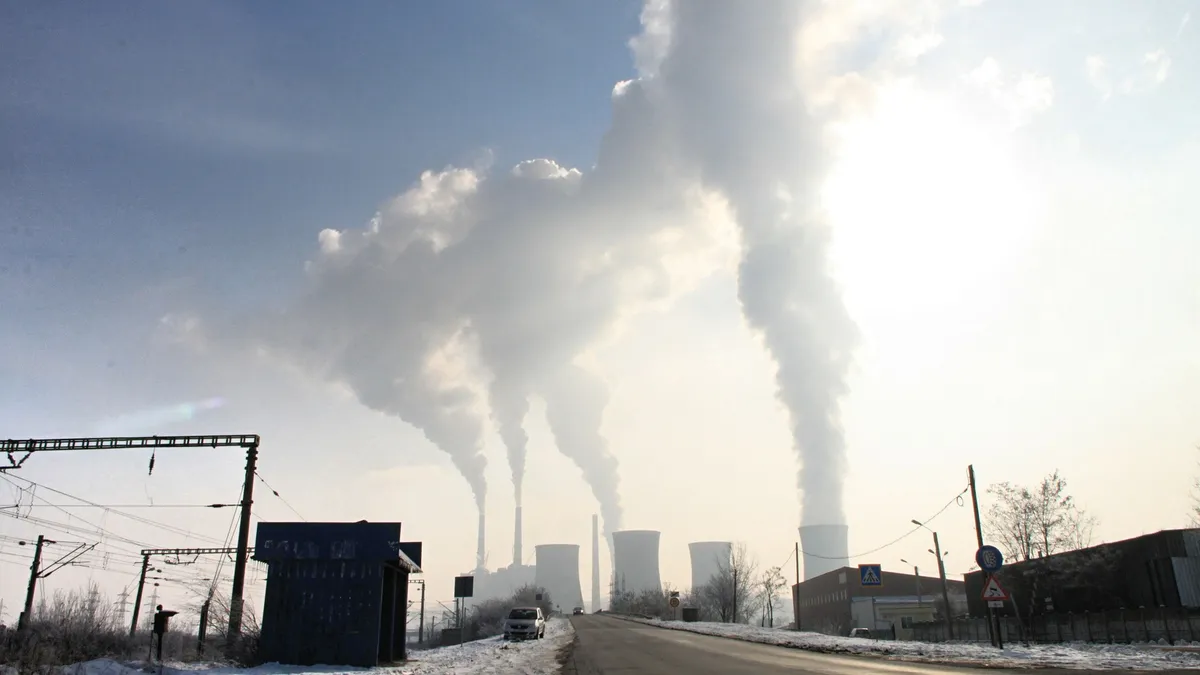Dive Brief:
- New Jersey environmental regulators on Monday unveiled two rules to re-enter the Regional Greenhouse Gas Initiative (RGGI), a multi-state carbon trading system that the state left in 2012.
- One rule establishes metrics for rejoining RGGI, including a declining carbon cap for the state's electricity generation that starts at 18 million tons in 2020. The other sets a framework for how the state will spend proceeds from the carbon auctions, emphasizing "projects that will benefit disproportionately burdened communities."
- Gov. Phil Murphy, D, issued an executive order in January to rejoin the CO2 trading system, but it took months for state regulators to work out the details. Officials said in a statement they are on track to participate in RGGI's 2020 carbon auction.
Dive Insight:
New Jersey's move to rejoin RGGI is an example of how state-level Democratic wins over the past two years could boost clean energy and climate initiatives across the nation.
Murphy pledged during his 2017 campaign to re-enter RGGI, saying that leaving had stalled process on emissions and prevented New Jersey from collecting millions in proceeds from the carbon trading system.
The new rules would set a carbon cap of 18 million tons in 2020 — lower than the governor's office estimate for emissions without the rule, which it figures would be 20.6 million tons in that year. The cap will decline 3% annually through 2030.
RGGI currently includes nine states — Connecticut, Delaware, Maine, Maryland, Massachusetts, New Hampshire, New York, Rhode Island and Vermont — and Virginia is in the process of joining as well.
New Jersey utility regulators say the carbon trading scheme will help the state deliver on Murphy's long-term goal of 100% clean energy by 2050.
"As we implement the Governor's clean energy agenda, rejoining RGGI has always been one of our highest priorities," Joseph Fiordaliso, president of the New Jersey Board of Public Utilities, said in a statement. "Taking this important and tangible step toward enacting the rules will help make our goal of 100 percent clean energy by 2050 a reality."
The action is only the latest clean energy and climate initiative from New Jersey lawmakers. Last year, Murphy signed legislation to subsidize nuclear plants that supply the state with about 40% of its electricity, as well as a bill that increased the state's renewable energy mandate to 50% by 2030 and bolstered energy efficiency targets.
Similar goals are likely to be debated in a number of states next year following Democratic electoral victories this November. Five states currently without ambitious energy mandates elected new governors that have pledged 50% renewable targets or higher — Illinois, Colorado, Nevada, New Mexico and Maine.














